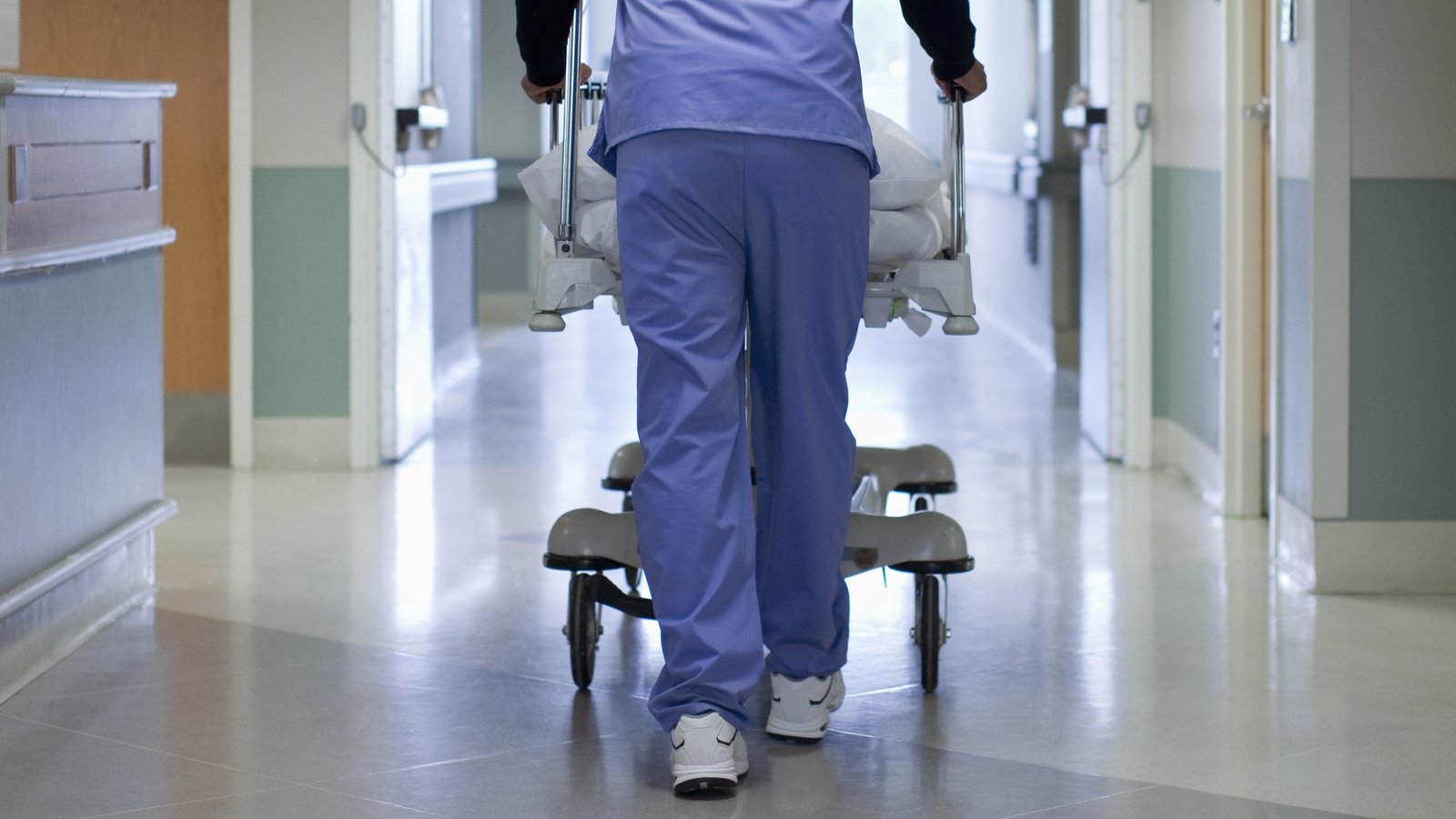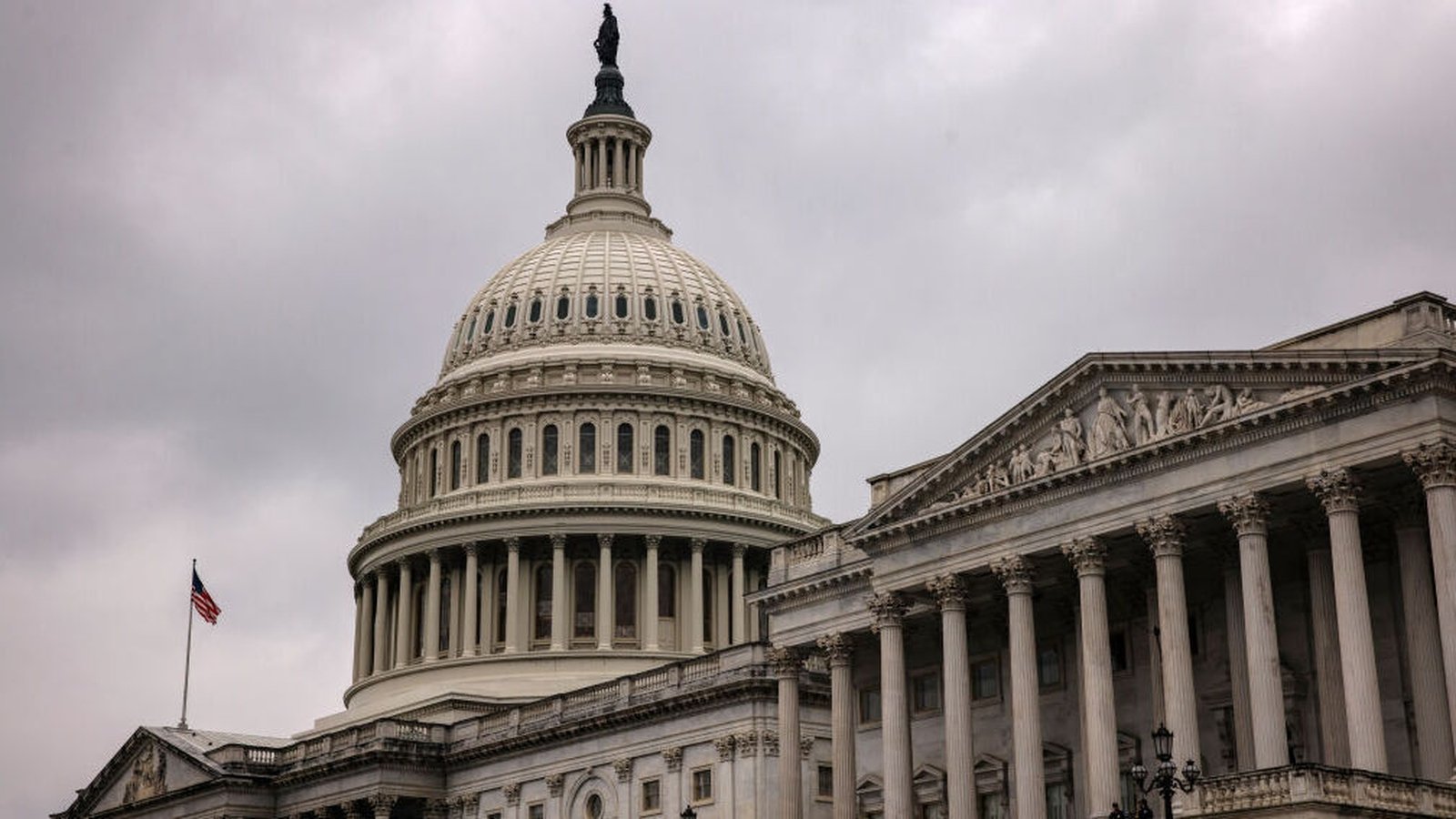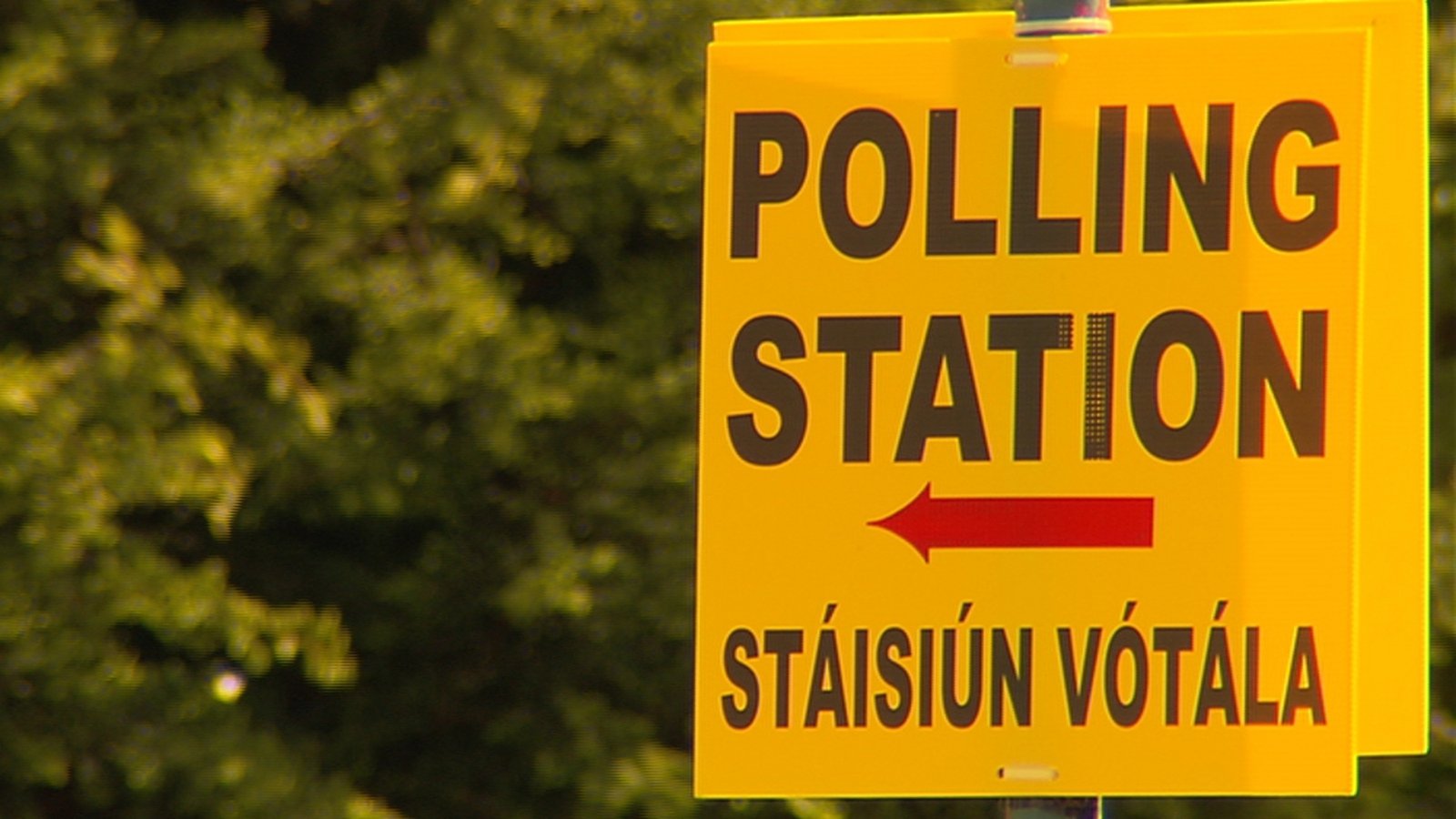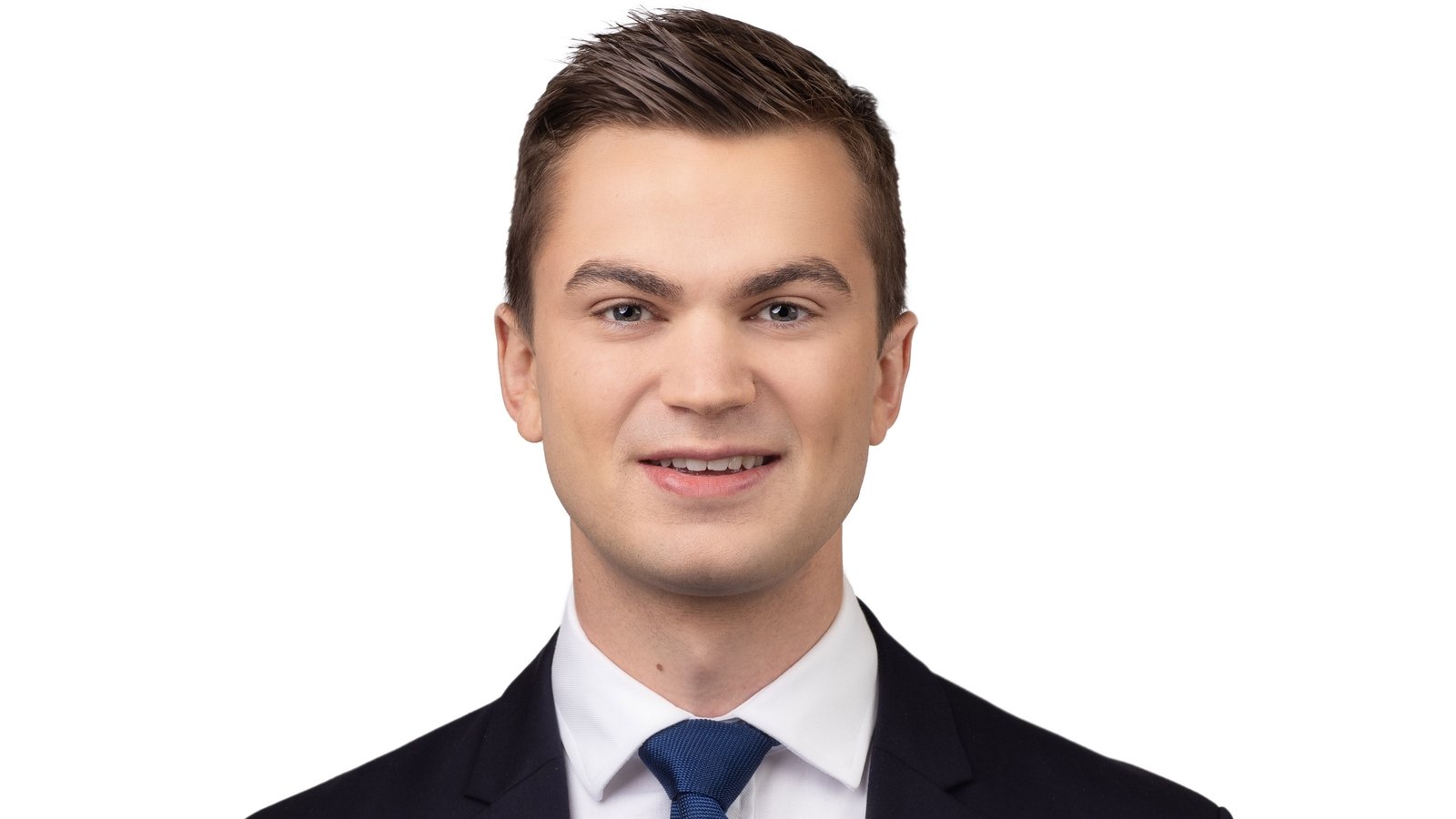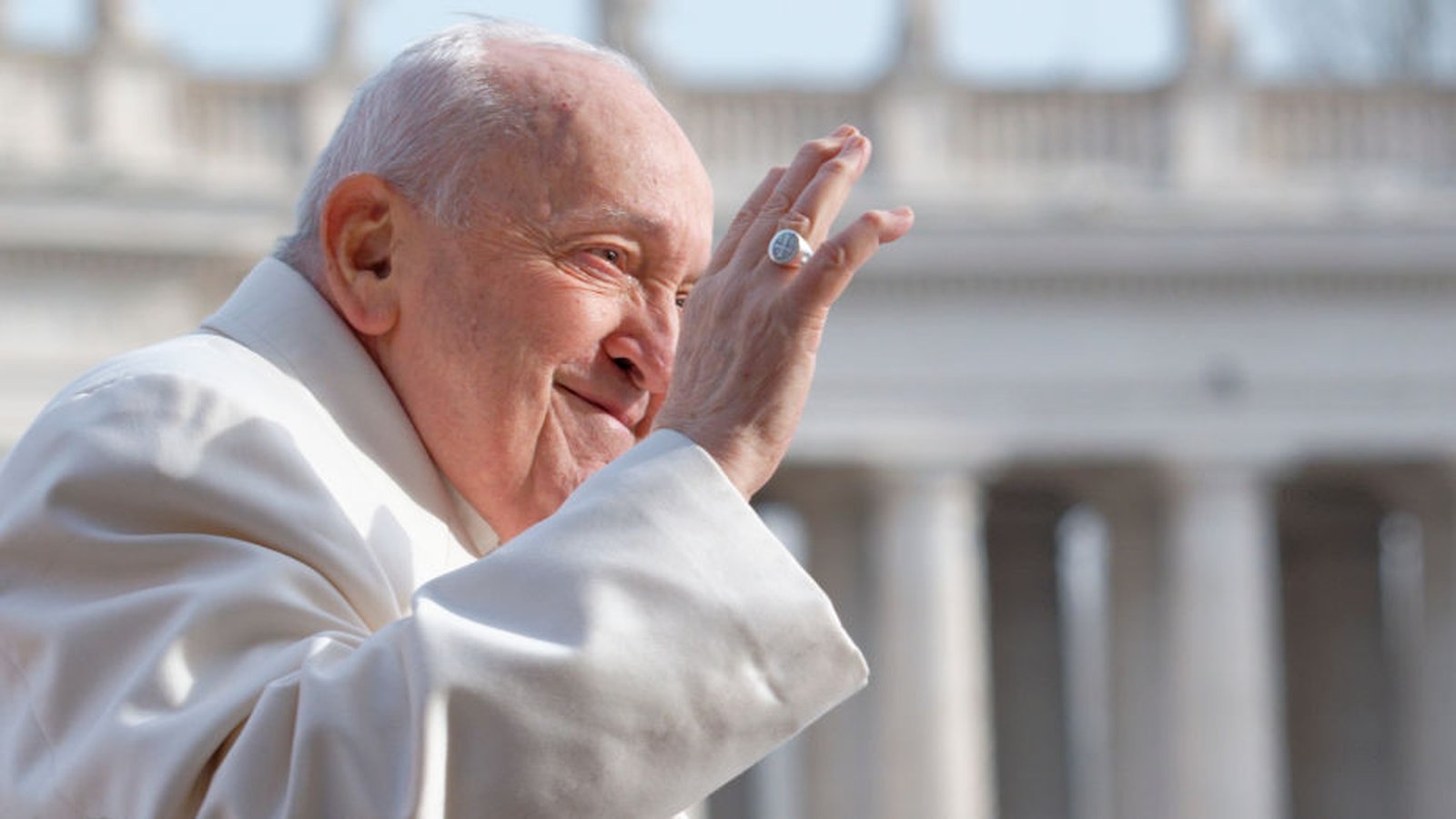Ireland’s migration policy and how it works
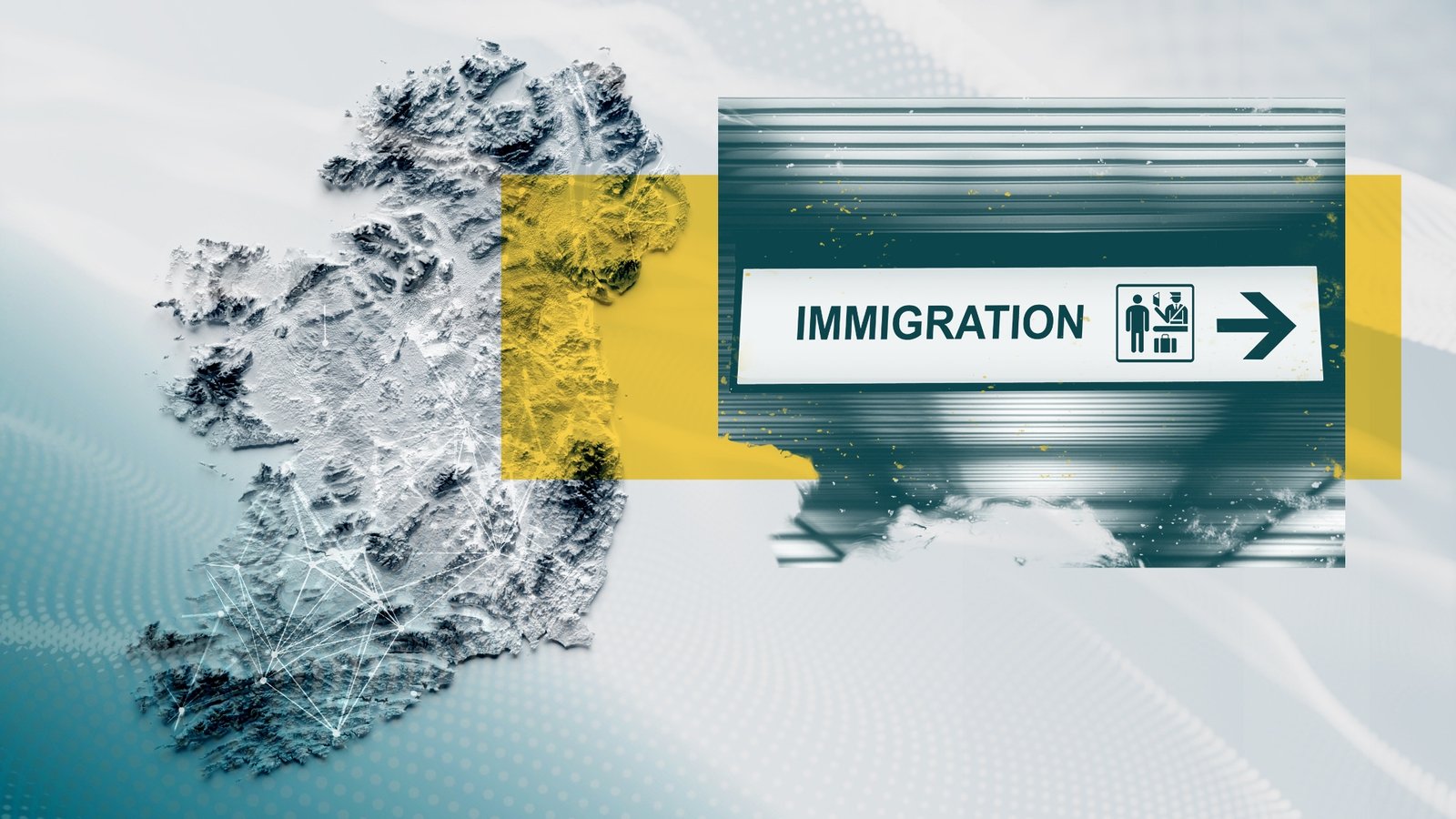
Recent debates over the accommodation of asylum seekers have turned the spotlight on Government policies underpinning international protection.
Under International law, those claiming asylum here can do so under the 1951 UN Convention on Refugees based on the grounds of race, religion, nationality, political opinion and membership of a particular social group.
People can claim asylum anywhere they feel they will receive those protections and last year over 13,200 sought International Protection in Ireland, down 400 on the previous year.
Minister for Integration Roderic O’Gorman has said that those numbers, up to 15,000, are likely to become the “new normal”, which, Independent Senator and former minister for justice Michael McDowell said “is not tenable” in a housing crisis.
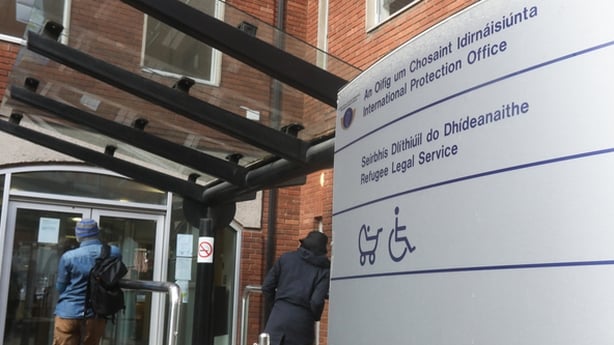
Mr McDowell said: “Ireland just cannot bury its head in the sand and say that in the middle of a housing crisis, with a rising population and legal migration, giving rise to serious infrastructure and housing issues, that we can just simply say that 15,000 is the new normal for asylum seeking and do nothing about that.”
The rise in the number of people seeking asylum is not solely an Irish phenomenon, it’s happening across the EU.
While some describe it as a “migration crisis”, Professor Mary Gilmartin of Maynooth University said that while a rapid increase in numbers and the movement of people can be seen as a crisis, there’s nothing new in it.
“The thing about a crisis is that it’s temporary, it ends. The movement of people is a normal thing, so we should be dealing with migration as something that constantly happens and putting procedures and policies in place and trying to make sense of migration as an everyday activity rather than constantly framing it as a crisis,” she said.
In 2023, the top five countries from where people sought asylum in Ireland were Nigeria, Algeria, Afghanistan, Somalia and Georgia.
Georgia was declared a safe country of origin in 2018 but Georgians have remained among the top five nationalities seeking International Protection, apart from a period during the pandemic.
In November 2022, Minister for Justice Helen McEntee introduced a faster system of processing the applications at the International Protection Office, which has resulted in a significant drop in the number of Georgians seeking asylum here.
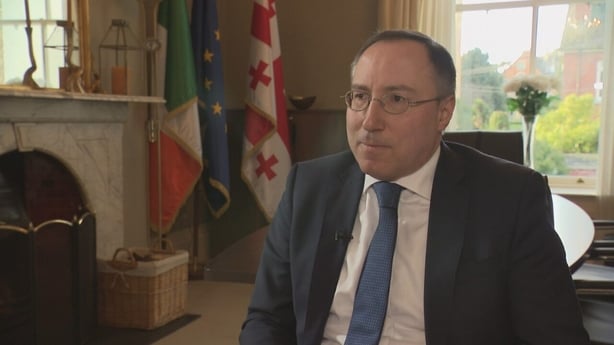
Other countries on the list, which the minister has said will be expanded, include Albania, Bosnia and Herzegovina, Kosovo, Macedonia, (Former Yugoslav Rep of) Montenegro, Serbia and South Africa.
Ireland is not part of the Schengen Zone and Georgia is not part of the EU, (although it has recently become a candidate) which means visas are required by Georgians to come into the country.
So, why have they been claiming asylum in Ireland?
They want to work according to the Georgian Ambassador George Zurabashvilli.
He points out that there are higher salaries in Ireland and a lot of work available in areas where Georgians have good skill sets, like the construction sector.
Mr Zurabashvilli acknowledges that applying for International Protection “is not right” but said they’re working to prevent it.
Recently, for example, the Georgian government assigned a police attache to the embassy in Dublin to work and cooperate with gardaí and “institutions dealing with asylum seekers”.
This is working well according to the ambassador, who is also keen to see Georgians access work through a visa mechanism.
The ambassador said Georgian people don’t want to be drain on the Irish Government, the Irish people or Irish society.
“I’m trying to encourage the Irish Government to waive the visas for the Georgians. Once the visa is waived, we won’t see any asylum seekers at all,” the ambassador said.
Ambassador Zurabashvilli has approached Senator McDowell to make his case, which, the former justice minister believes, would be beneficial.
“I’ve no problem with legal migration, I think legal migrants are essential at the moment to the health service, entertainment, food and distribution services.
“If you look around you at the moment, you can see 1,000% that legal migration is helping the economy to grow and create the resources to deal with poverty in this country,” Mr McDowell said.
Minister for Justice Helen McEntee doesn’t appear amenable to wavering visas for safe countries.
Indeed, the number of Georgians seeking asylum has reduced since she introduced the fast-tracking at the IPO.
However, the ambassador said this is also down to efforts by the Georgian government which is offering incentives for Georgian people to return to their own country.
“We’ve a lot of different amendments to the Georgian legislation and adopted a new one by the Georgian Parliament, to eradicate, avoid and prevent, illegal emigration from Georgia,” Mr Zurabashvilli said.
The International Protection system, according to Helen McEntee, is for people fleeing war and persecution and should not be used by economic migrants.
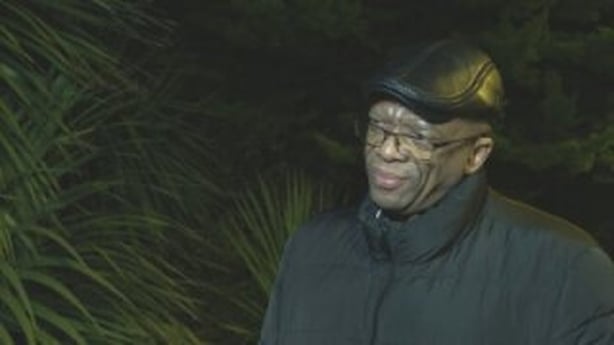
While there is no official data proving that people are coming here illegally for work, a 2017 ESRI report on non-national involvement in the illegal employment sector in Ireland concluded that while illegal work was a recognised pull factor for some migrants coming from the EU, there was no official data showing what the extent of the problem was in Ireland.
Minister McEntee is set to expand the number of safe countries of origin.
This has been criticised by the Movement of Asylum Seekers in Ireland which believes that creating more safe countries is an effort to deter people from seeking protection in Ireland.
It took until 2018 for asylum seekers to get the chance to work after six months in Ireland according to spokesperson Lucky Kambule.
He points out that an expanded list of safe countries ensures that more people aren’t long enough in the country to work.
He said: “It’s ridiculous, it looks like the minister is looking for all the necessary means she can to squeeze immigration out of the people.
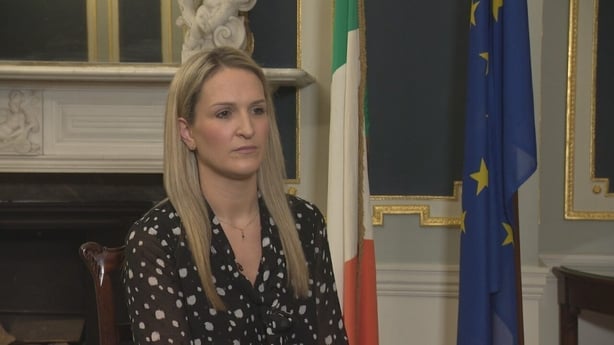
“What criteria is being used to determine that those countries are safe, nobody knows, but they will be subjected to these strict measures in terms of them not being able to get that asylum here.”
Acknowledging that the system is not perfect, Minister McEntee points out that efforts are under way to improve it.
“In the last year alone the number of people arriving in Ireland without documentation has decreased by about a third,” she said.
The minister confirmed that gardaí are now on the ground in “hotspots” where they know people are coming from across the EU.
Many people point to the 2015 Dublin III regulation as a means of controlling migration in the EU, however, it is widely accepted that it is not working.
The regulation allows EU member states to ask another state to accept responsibility for an asylum claim where the person has had a prior engagement with that State.
This regulation doesn’t impose any obligation on the individual asylum seeker; it’s a mechanism within the EU to ensure an applicant has access to the asylum process in a single, clearly determined EU country.
Dublin III is intended to establish the member state responsible for the examination of the asylum application.
However, there is no obligation in the Refugee Convention that a person has to claim asylum in the first safe country they reach.
The net issue under the Refugee Convention is whether a person has a well-founded fear of being persecuted in his or her country or origin.
The objective of the Dublin III Regulation is to ensure an applicant has access to the asylum process in a single, clearly determined EU country.
The criteria for establishing responsibility are, in hierarchical order family considerations; recent possession of visa or residence permit in a member state and evidence as to where the applicant has entered EU, irregularly or regularly.
Where responsibility under these criteria cannot be established, the member state in which an application is first made is usually responsible.
However, the Department of Justice has said that in practice, all member states have long found that effecting transfers within the time periods specified under the regulation is very challenging.
“In many cases, it will not be possible to establish that another specific member state is responsible, even though it may be inferred that the applicant travelled through other member states.”
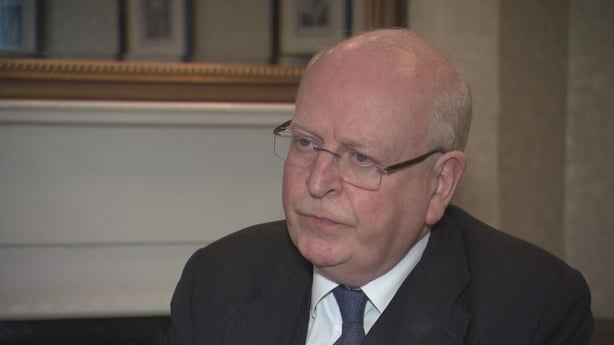
The widespread consensus across the EU is that the regulation has not been effective and agreeing its reform has been a key focus of negotiations under the new Asylum and Migration Pact.
Increased staff and resourcing of the International Protection Office have also seen decisions on applications move at a swifter pace.
It has doubled its capacity to undertake interviews with applicants at the IPO office.
Twenty extra interview rooms have opened in recent days to facilitate the process.
In the meantime, the Department of Integration is grappling to find accommodation for new arrivals, with bigger State accommodation planned.
While the full details have yet to be revealed, Lucky Kambule is reticent.
“Remember the conditions in the Direct Provision Centres currently, and the Emergency Centres and the tents people are living in, are horrible,” he said.
Now that the White Paper on Direct Provision has been set aside, there are calls for joined-up thinking on immigration.
Minister McEntee has said there’s a whole of Government approach to the issue and while it’s “difficult”, everyone is working to ensure the system is fair but firm.
However, Senator McDowell believes a “decent, well-constructed policy” is required “to serve the economic and social needs” of the country.
Without that he said, there’ll be “major political casualties” in the upcoming local and European elections.

